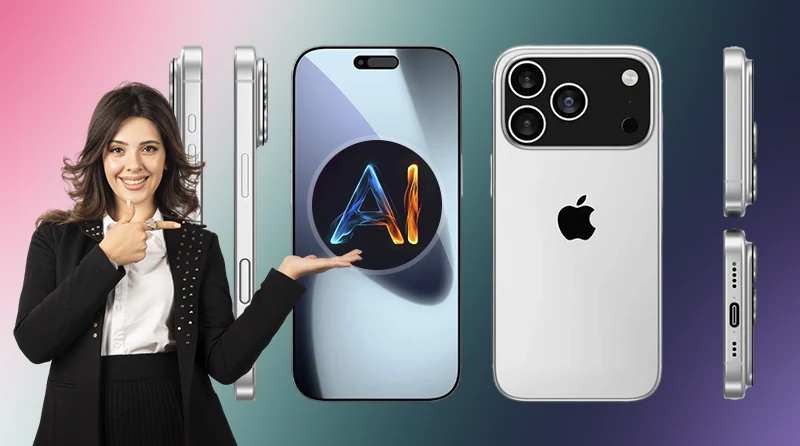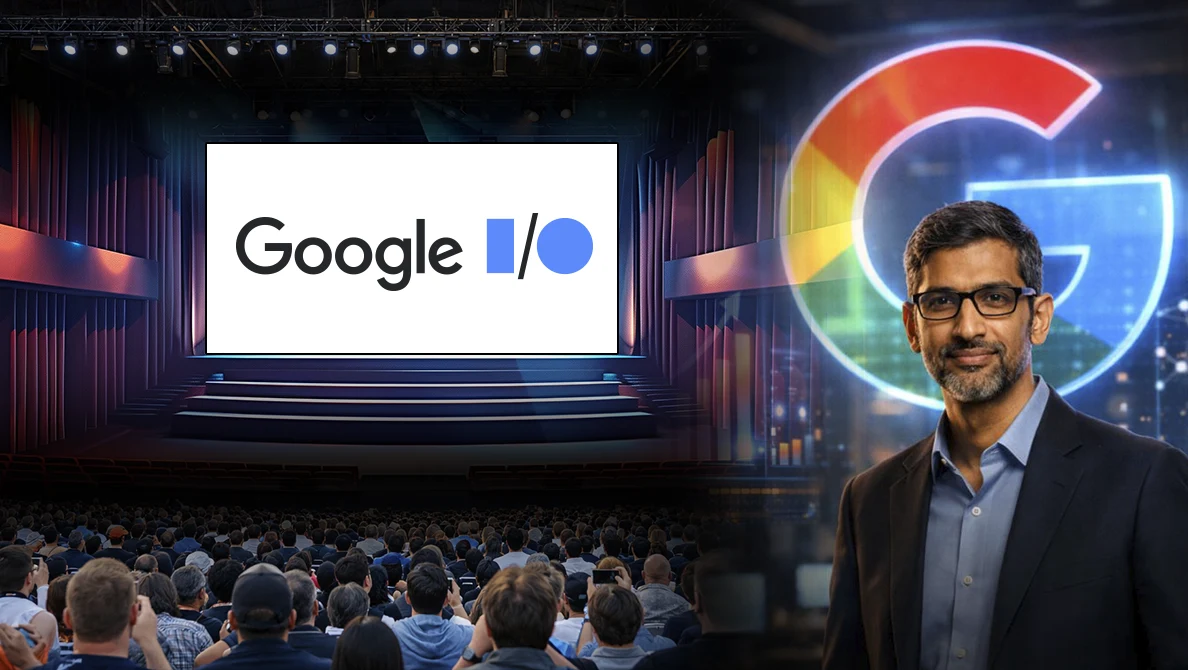Apple’s New iPhone 17 Devices Don’t Have an AI-powered Siri Yet

After approximately a year, Apple has launched its latest series of iPhones on Tuesday at its flashy event. The new series consists of iPhone 17, iPhone 17 Pro, and iPhone 17 Max, along with a slimmer version with the name iPhone Air. The branding Air from Apple signals towards the extreme lightweight of the device and its comparatively less expensive price. However, in the AI era, it’s less about how lightweight the smartphone is and more about what the software in the device can do for the user.
On this topic, Apple seems to be lagging behind its competitors. In the recent event on Tuesday, the company talked about artificial intelligence only a few times, only to refer to some updates announced at WWDC in June. It included talks about Visual Intelligence in its own-device mode, as well as some updates in Camera.
The biggest upgrade was the AI-powered Live Translation feature coming into Apple’s AirPods 3, which was not even introduced as a phone upgrade. At the same time, there was no mention of AI-powered or Siri, or anything relevant. The miscalculation of the company on AI can surely impact its future success in the industry.
For instance, Google introduced its latest release of an AI-powered Android phone with its Pixel 10, while iPhone owners are still waiting for the AI Siri, which again seems to be delayed until 2026. Till now, Apple has only introduced some basic AI features for its devices, which include AI writing tools, generative AI images, summarization, visual search, translation, Genmoji, etc.
It has also been reported that Apple is planning to partner with third-party platforms to bring AI capabilities into its devices. However, Apple’s decision to rely on third parties for certain technologies is not clear and might not turn out in favor of the brand’s growth.
In the present time, most Apple iPhone users already prefer to use Google services like Gmail, Docs, Google Drive, Google Maps, and Chrome instead of opening Apple’s own apps like iWork suite, Mail, Apple Maps, Safari, etc. Therefore, there is also the chance that users might prefer to use Google’s AI technology if Apple doesn’t make its strong debut in the industry soon.
However, if Apple decides not to integrate the third-party platforms to bring AI capabilities into its devices, it can be great news for iPhone users. It would directly indicate that Apple is planning to put AI capabilities more natively into its device range. At the same time, it will also reduce the investment for Apple to set up the expensive AI infrastructure, which will be good for the company’s bottom line. At the same time, it will also allow Apple to lead the AI competition and offer support to other AI companies.
The partnership of Apple with Google or any other AI innovator can be a great decision for the company as well. First of all, the aesthetics and hardware quality, like thinness and lightweight, will keep attracting the user while the partner firm takes care of the AI experience. At the same time, it will also bestow more time to Apple to focus on product designing (what it is best at) to continuously drive more sales and upgrades.
However, these are the scenarios only when Apple decides to partner with an AI firm to bring intelligence to its devices. On the other hand, if Apple sticks to its plan to upgrade and launch Apple Intelligence without bringing innovation anytime soon, the outcomes might be something else.











